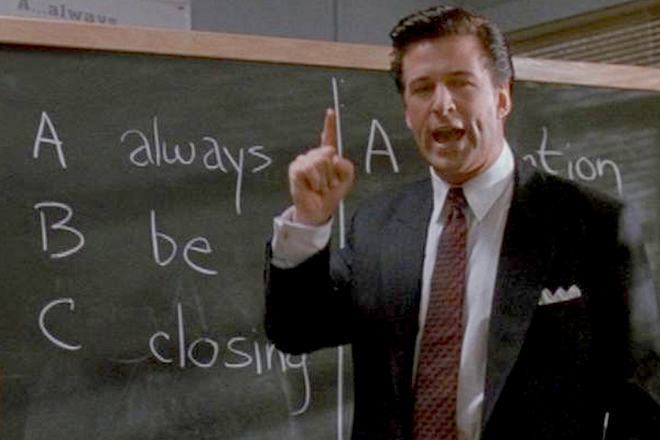If you’re reading this, you are at the very least mildly interested in Real Estate Investing. The biggest question everyone has is “Where do I begin?” We are going to look at a few of the strategies for breaking into the world of REI over the next few days.
If you do any type of reading about REI, you will see people advocating that you can “wholesale” homes for free. While this is true, it is also a gray area.
Wholesaling in layman’s terms consists of: 1) finding a property, 2) negotiating a low purchase price, 3) putting it under contract (using a purchase and sale agreement), 4) advertising the property to private investors, 5) getting an offer at a higher purchase price than your contract price, and 6) setting up closing. That is a very simplistic walk through.
Why is wholesaling a gray area?
The argument is that some view it as brokering without a license while others believe that your purchase and sale agreement gives you an equitable interest.
Broker: a person who helps other people to reach agreements, to make deals, or to buy and sell property (such as stocks or houses)
Equitable interest: an ownership interest in a property that results from actions (eg contributions towards a mortgage, paying property taxes or insurance etc) or ideas fairness and justice rather than from strict legal ownership.
Wholetaling
The “highest and best” method is to actually purchase the property and then resell it after closing. If you close on the property, do no work to it, and list it for a profit, that’s called wholetaling. Basically you are walking through the motions of a “flip” without doing any work. If you are a strong negotiator and find motivated sellers, you can make thousands of dollars this way. The funds to purchase the property can come from a HELOC, an investor, a HML, or OPM (see “http://diyreiguy.com/2015/06/18/real-estate-terminology/ ” if needed). You obviously need to either have working capital yourself or have access to it in order for this to work. You can always start small, though, and work your way up. Believe it or not, you can make money flipping homes valued under $10,000 or even mobile homes for just a few grand. It all depends how motivated you are.
Wholesaling as a secondary measure
When you find a property you want to move forward on, you can always keep wholesaling as a back-up plan if you wouldn’t mind making a quick buck. This works great if you have the finances in place to close the deal, but you wouldn’t mind cashing out before even cashing in. The seller knows here that regardless of you talking to other investor, the deal will close. You know that you got such a great deal you would love to keep it for yourself. The key is to have a large enough profit margin that you get paid for your work and your end buyer can still make money. If you double close in this scenario legally it is very similar to option one. This strategy uses backup options.
A word of caution:
You need to make sure that your seller understands you may “market” their property online and that your name may not be on their check at closing. If you were in their position and you thought you agreed to sell the property for 50k but saw it online for 60k the next day, how would you feel? It’s best to operate with integrity and be upfront so they don’t feel like they got cheated. Most people will understand you are in this to make money as well. If you want tips on how to have these conversations let me know.
If you are not upfront with your sellers, this can burn your relationships, character, and potentially get you in legal trouble.
Wholesaling Like A Cowboy
This is the riskiest, most ill-advised option. You will see “gurus” pitching this everyday of the week. You find a property, haggle with the owners, tie it up, and hope to find a buyer. You risk tying up the seller’s property for months when you really have no intention of closing. This is what gives wholesalers in general a bad name. If you need to use several weasel clauses in your contract, chances are you’re doing it wrong. If your seller truly is desperate and they loose their home while waiting for you to close, could you sleep at night? If you are using this approach, you better have a property truly at 65% or better. This strategy leaves you with no backup options.
If someone is going to wholesale regardless, I can only hope that you at least think of the options as a hierarchy. For those of you with some mathematical background:
Wholetaling > Wholesaling as a secondary option > Cowboy
The wholesaling equation is as follows:
Your offer = 65% of the ARV – Repairs – Your desired profit.
EX: A home is worth 100k, needs 25k in repairs, and I want to make 5k.
65% of 100k is 65k. 65 – 25k – 5k= $35,000 offer.
Whether you’re doing the repairs or not, you need to account for them in your equations.
Practice: Find some homes on Zillow, Trulia, etc and get used to running the equations. It will help you understand the kind of offer you want to make when you’re actually touring homes.


